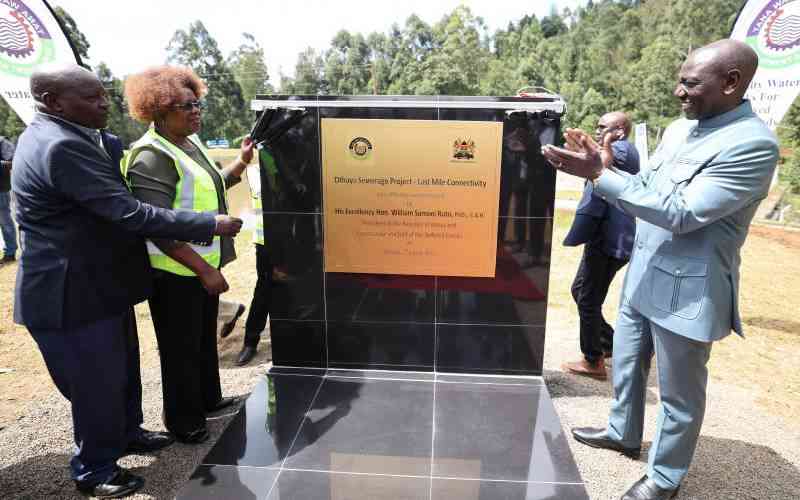
Development is another word for peace, says Pope Paul VI. If we want peace, we should create an environment in which people are able to develop themselves. Doing and providing things for people is the best way to disempower them. This approach neither leads to peace nor yields meaningful development.
The Kenya Kwanza government has its blueprint of development, I believe, away from the hot air manifesto. Consequently, the performance contracts the administration has signed must have been pegged on some measurable outcomes. That is the good side of how the government wants to ensure citizens enjoy its service delivery.